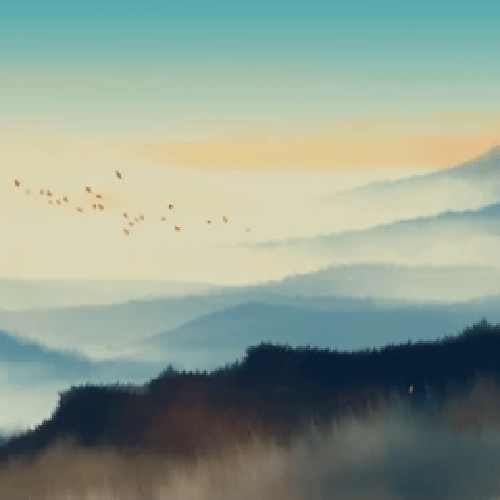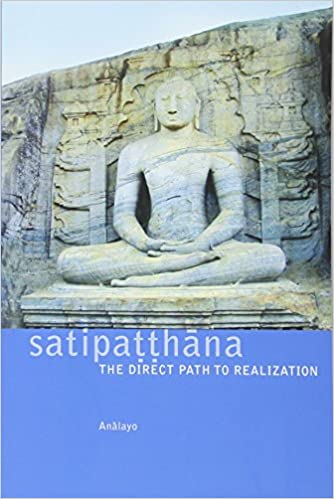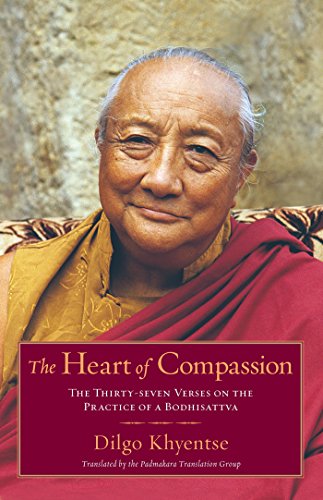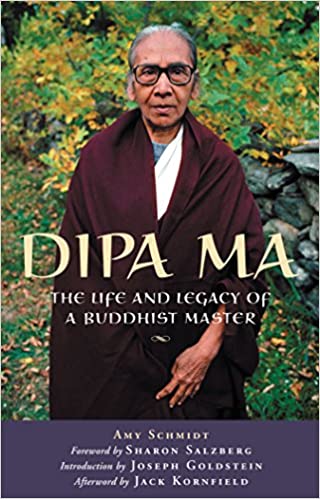
In this dharma talk, Joseph Goldstein continues his exploration of the five hindrances, this time offering remedies to deal with the mental factors of sloth and torpor.
A Sluggishness of Consciousness
Joseph explores the differences and similarities between sloth and torpor, and how a complacency of mind can sneak up in subtle ways during our practice. He covers the first of the Buddha’s instructions from the Satipatthāna Sutta, which is to recognize when sloth and torpor are present and not present.
“Sloth is that mental factor which is a sluggishness of consciousness, the sluggishness of mind. It dispels energy. There’s a lack of a driving power, of moving forward. It’s a kind of sinking mind.” – Joseph Goldstein
Joseph Goldstein offers advice for dealing with the hindrance of aversion on Insight Hour Ep. 94
Unwise Attention (18:10)
Joseph talks about how giving unwise attention to negative mind states and thoughts brings about sloth and torpor, and how sloth and torpor can sometimes masquerade as compassion. He begins to look at how we work with sloth and torpor once they’ve arisen, including using the power of the investigative mind.
“Be watchful; know when it is that you actually need rest, and know when it is sloth and torpor disguised as kindliness.” – Joseph Goldstein
Remedies for Sloth and Torpor (37:05)
Joseph shares a list of remedies and strategies from the Buddha for dealing with sloth and torpor, from developing clarity of cognition and radiance of mind to experimenting with open-eye techniques and changing up postures. He offers some wise reflections and recommends finding inspiration and comfort in other seekers.
“It’s very easy to say abstractly, ‘Yes, I want to die consciously, I really want to be there for the dying process, I want to die with awareness.’ But how do we train for that? Each time sloth and torpor arises, which may be a state not dissimilar to how we feel at the time of our death, how are we relating to it? Do we take it as practice for dying?” – Joseph Goldstein



